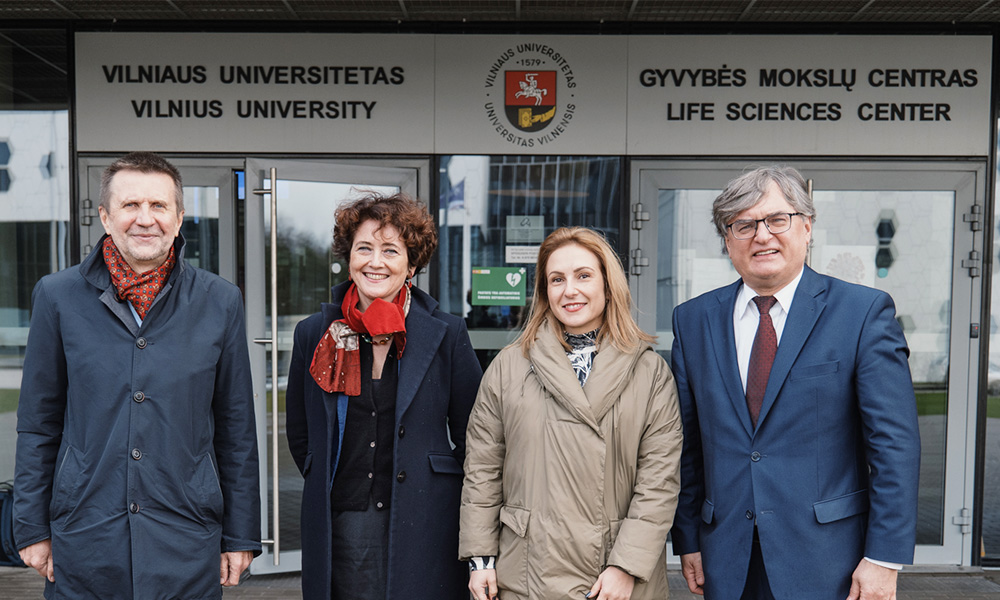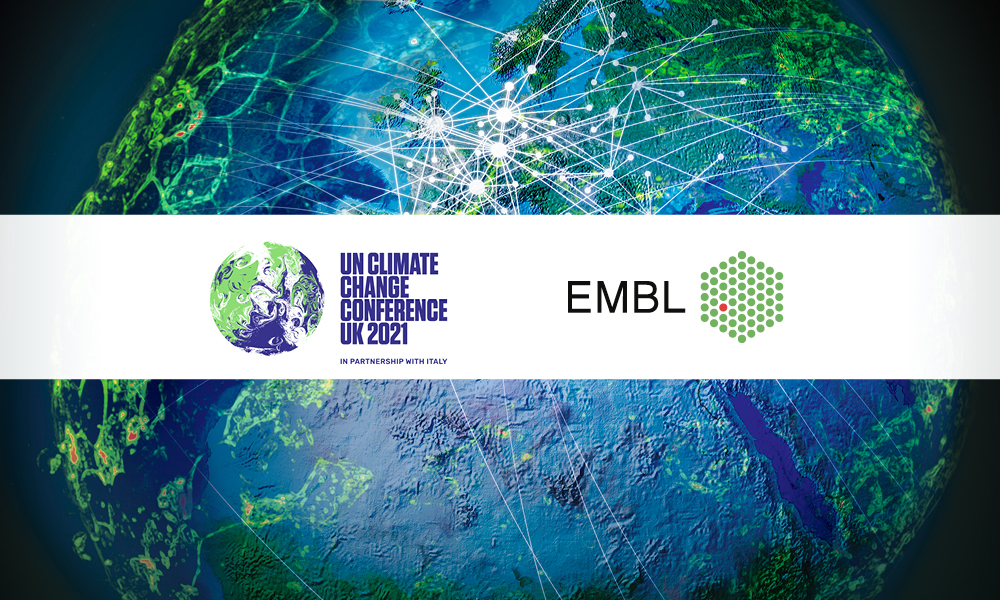
The importance of member state engagement
Between facing an ongoing pandemic and preparing for EMBL’s next five-year strategic programme, EMBL and its member states met virtually and in-person to help position the Laboratory for the future.

EMBL always interacts closely with its member states and partners, especially during the preparatory phases of each five-year scientific Programme. But this time, a pandemic stood in the way.
Even so, EMBL interacted more with member states than ever before, with a host of online scientific workshops, a summit, countless virtual meetings, and even some in-person visits to partners when restrictions allowed.
Just scratching the surface, here is a small sample of such exchanges:
France: During an annual summit of the High-Level Forum (HLF), an international network of ~45 innovation ecosystems created by Grenoble Innovation for Advanced New Technologies, EMBL shared how life sciences helped the global community tackle the COVID-19 pandemic. The HLF explored how they could together address social, economic, and environmental challenges.
Iceland: Following an Iceland-EMBL workshop and inspired by the ambitious research of EMBL’s new Programme, Icelandic organisations created Biodice, a national network focused on biodiversity. Biodice now has a manifesto of a shared biodiversity research vision – similar to what’s set forth in EMBL’s new Programme. It seeds collaborations within Iceland, and with EMBL as well.
Italy: An online workshop coincided with signing an MoU with the Italian Institute of Technology, bringing together scientists from both countries to share research projects of mutual interest. Another workshop is planned in 2022.
Lithuania: The inauguration of a new partnership between EMBL and Vilnius University Life Sciences Center started a new chapter in the scientific relationship between Lithuania and EMBL. Additionally, EMBL’s Director General connected with Lithuania’s Minister of Education, Science, and Sports to discuss future plans and opportunities to collaborate.
Poland: Meetings with Poland’s State Secretary at the Ministry for Science, and leadership from Polish science funding agencies and research institutes, such as the Nencki Institute hosting the EMBL Braincity partnership and the International Institute of Molecular and Cell Biology, had very productive outcomes. These include an upcoming, virtual EMBL Info Day for the Polish scientific community, with a special focus on early-career Polish researchers, as well as further discussions regarding potential training collaborations.

“Global threats such as the coronavirus pandemic require collaborative efforts across borders. Hungary’s membership of EMBL provides a unique opportunity to ensure our expertise in life sciences research can have maximum benefit across Europe.”
— László Palkovics, Hungarian Minister for Innovation and Technology
“EMBL’s network of scientists across member states and beyond is both inspiring and fruitful. Together, scientists of diverse backgrounds launch concrete projects that tackle urgent scientific questions that a single lab couldn’t address alone.”
— Michael Zimmermann, Group Leader at EMBL Heidelberg


